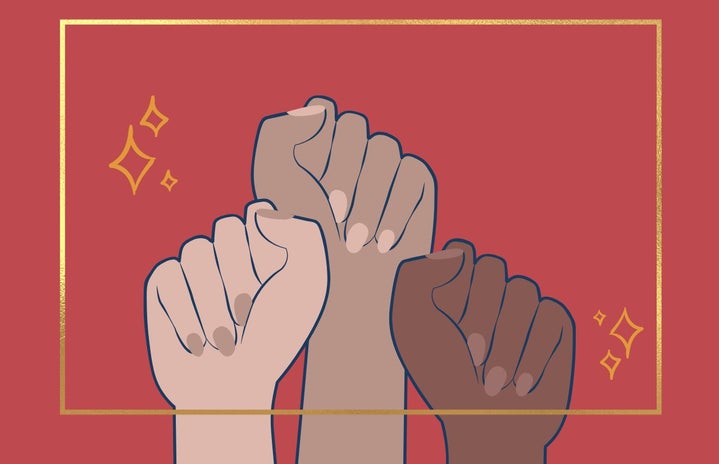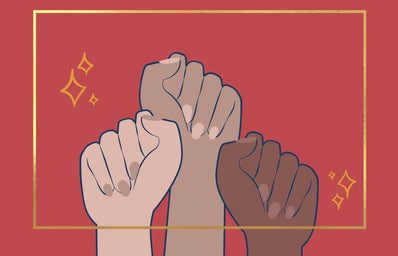It is disturbing to know that such a sensitive issue that cripples the lives of many can easily be wiped out by correlating it with literacy, financial empowerment, etc, which has no relation with the subject of discussion. Instead of implementing ameliorative policies to enhance these parameters and promoting the financial independence of women, the government is infringing the principle of privacy and consent. There seems to be no value for consent which is imperative before any kind of initiative. The excerpt of the statements given above is from a case filed for the criminalization of marital rape in the Delhi High court. This petition seeks to amend the criminal law, which includes section 375 (rape) of the Indian Penal Code.
India is one of the 32 countries that are still in a dilemma over criminalizing this heinous act, only to remain on this list along with the most fragile and undemocratic countries, like Afghanistan and North Korea. According to Indian law, a person cannot be accused of raping his own wife since it is assumed that she has given up herself. It is evident by their mutual matrimonial consent and contract, which cannot be reversed at any cost because, in India, marital rape cannot be cited as the reason for separation. Section 375 of the IPC, exempts filing the case of rape for forceful sexual intercourse by a man with his own wife, provided the wife is above 15 years of age.
A woman, who is an Indian citizen and also reaps all the rights and privileges out of it, is being conquered by the so-called principle of male chauvinism. India is a celebrated democratic country. The marital rape exception is against the constitutional principles of individual autonomy, dignity, and gender equality highlighted in the fundamental rights like Article 21 (the right to life) and Article 14 (the right to equality). This also encourages the patriarchal belief that women are the property of men and strengthen their unauthorized and unconditional right. Upon marriage, she should surrender her personal and sexual autonomy, bodily integrity, and human dignity to her husband’s hands. When the rape law grants no exemption in case of forced intercourse with a sex worker who chooses to withdraw her consent at a belated stage. When the Supreme Court held that the offense of adultery was unconstitutional because it asserts the idea that women are property, why can’t this system criminalize marital rape? Is this not part of women empowerment?
However, there are many who oppose the proposed law. Many ‘meninist’ movements erupted after this issue came into the limelight. Concerns were raised about the misuse of this proposed act and many anticipated that this would destroy the institution of marriage. Amidst the chaos, the fact that this exception was influenced by the Doctrine of Coverture proposed by the British that merge the woman’s identity with that of her husband’s and the fact that this doctrine was later criminalized in the UK is an irony. Meanwhile, it is important to look into the impacts of marital rape. They resemble the problems faced by a rape victim. In fact, the inability of the Indian constitution to protect the rights of such victims aggravates the situation. They face depression, anxiety, emotional distress, and suicidal thoughts. Concealing their mental state before the public as well as before their offspring can exacerbate their problems. Marital rape victims also suffer long-lasting physical injuries that are as severe, if not more, as rape victims protected under the law.
To completely eradicate patriarchy and male dominance in India, it is imperative to alleviate its various nuances from the country. For this, reforming our misconceptions is the only way forward. To emphasize and apply the principle belief that women are not property, it is necessary to change the whole mindset of this law. Misuse of the law is complementary and it happens with any law irrespective of the nature of the penalty, thus citing this as a limitation will be absurd. It is vital to make laws that, in turn, strengthen the implementation of laws and prevent the misuse of them rather than negating a progressive law because it is prone to misuse. There is always a ray of hope peeping out for any change, as it believes that a true democracy can never transcend a path of regression instead of progression.
![]() ReplyForward
ReplyForward


